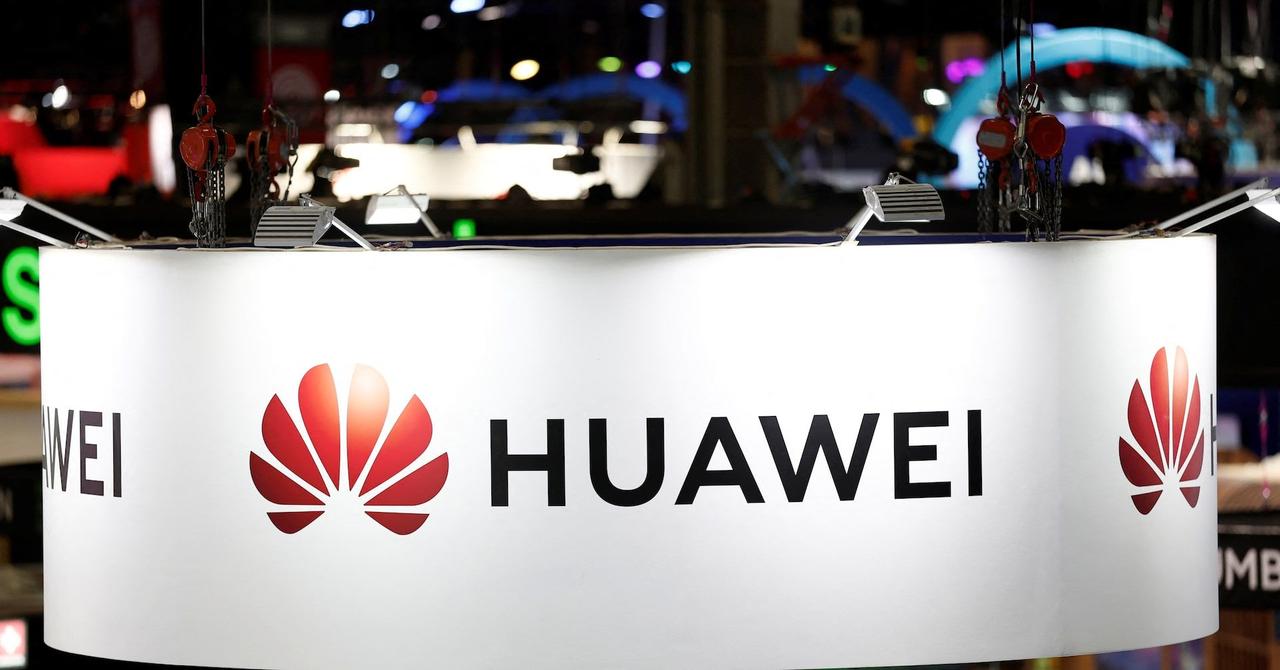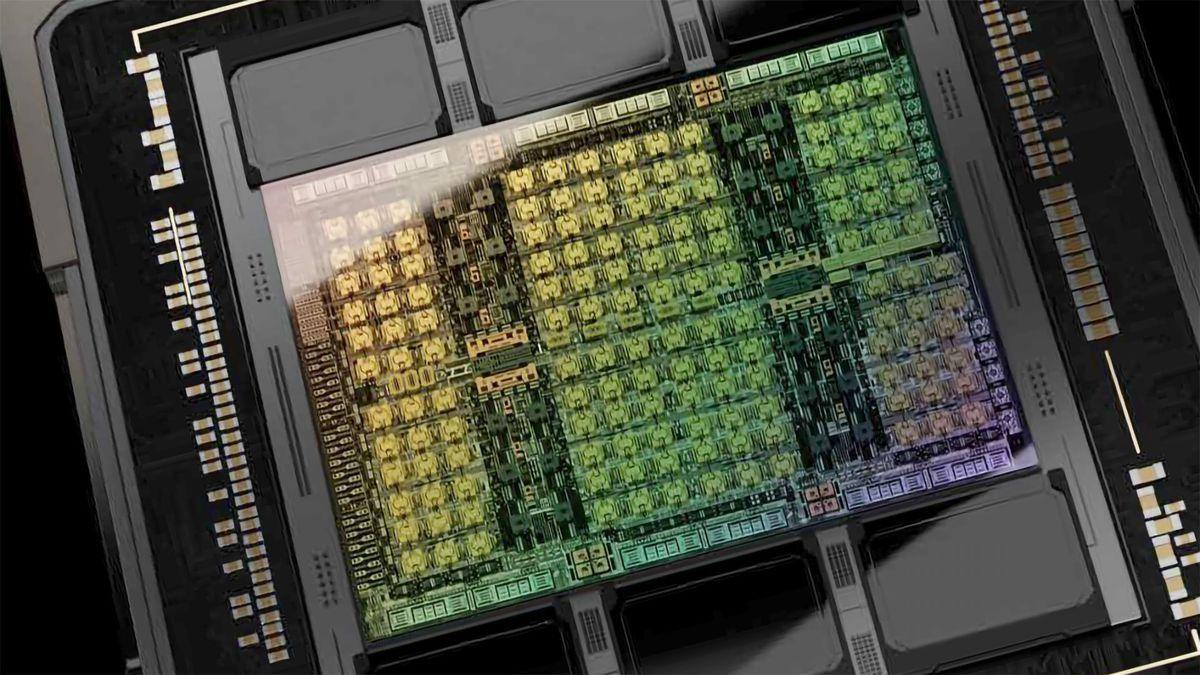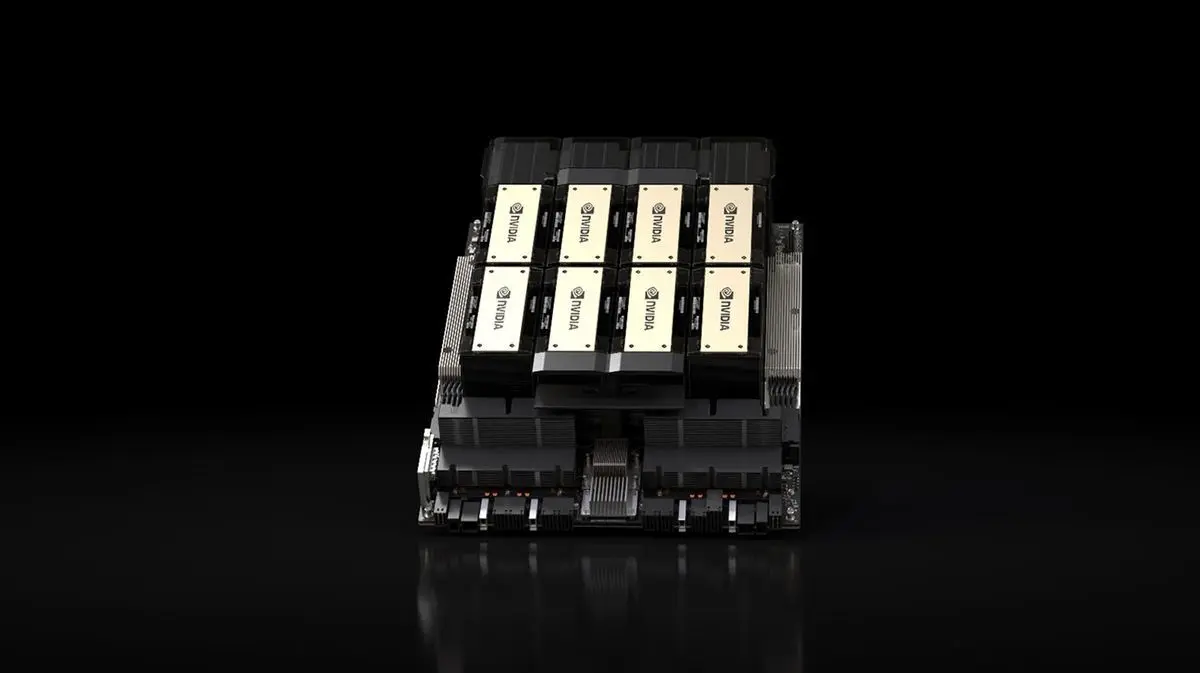NVIDIA CEO Acknowledges Huawei's AI Advancements, Highlighting Competitive Landscape in China
2 Sources
2 Sources
[1]
NVIDIA CEO says Huawei's new CloudMatrix AI cluster competes with Grace Blackwell AI servers
NVIDIA CEO Jensen Huang said during a recent interview that China's Huawei and its new CloudMatrix AI cluster is competes with Grace Blackwell. As an Amazon Associate, we earn from qualifying purchases. TweakTown may also earn commissions from other affiliate partners at no extra cost to you. NVIDIA has said that Huawei's new AI developments are far more capable than people though, so much so that they're more powerful than what NVIDIA is allowed to get into China, effectively forcing them out of the market. Considering NVIDIA kick-started the AI revolution without competition from anyone (including AMD and Intel) but over the last few years multiple competitors have entered the ring, and one of them is from China: Huawei. Huawei has been hard at work developing new AI hardware to compete with NVIDIA, which has been facing ever-increasing US export regulations that have stopped the company from pumping China full of its AI chips. In a recent interview with Bloomberg, NVIDIA CEO Jensen Huang said: "Huawei's technology, based on our best understanding at the moment, is probably comparable to an H200. They've been moving quite fast. They've also offered this new system called Cloud Matrix, which scales up to even a larger system than our latest generation, Grace Blackwell. Huawei, as you know, is a formidable technology company. And they're not sitting still. They look for ways to compete, and they're quite formidable". The thing is, until now... Jensen and NVIDIA never mentioned the performance of Huawei products, other than the Chinese company is a "formidable rival" showing how much Huawei has caught up in the last 12-24 months. Having the NVIDIA CEO himself mention Huawei's new CloudMatrix AI cluster on public media is a big deal, especially when saying the Chinese company is pushing out the performance of its Grace Blackwell AI systems. Jensen also said that Huawei's new Ascend 910C AI chip competes against NVIDIA's previous-gen H200 AI GPU, which is the highest-end Hopper chip made. Prior to this news, the last we heard was that China hadn't matched the performance of the H100, yet Jensen himself says otherwise.
[2]
NVIDIA's CEO Confirms Huawei's "CloudMatrix" AI Cluster Now Competes With Grace Blackwell; Says There's No Stopping Them
NVIDIA acknowledges that Huawei has developed AI solutions far more capable than what the firm is offering to China, forcing them out of the market. NVIDIA managed to get off the initial years of the AI hype without any competition, given that the firm was one of the "pioneers" of AI computation. However, fast-forward two years, Team Green is now faced with a rival, particularly in China, who is developing hardware capable of competing with the firm in mainstream markets, despite facing harsh US regulations. In an interview with Bloomberg, NVIDIA's CEO, Jensen Huang, revealed that Huawei is developing AI chips and clusters on par with the company's high-end offerings. Huawei's technology, based on our best understanding at the moment, is probably comparable to an H200. They've been moving quite fast. They've also offered this new system called Cloud Matrix, which scales up to even a larger system than our latest generation, Grace Blackwell. Huawei, as you know, is a formidable technology company. And they're not sitting still. They look for ways to compete, and they're quite formidable. - NVIDIA's CEO Before this, Jensen didn't mention Huawei's performance, apart from the fact that they are a "formidable rival", which shows how big of an influence the Chinese firm has had in such a short time. NVIDIA's CEO mentioned Huawei's AI cluster, the CloudMatrix, for the first time on public media, and also disclosed that its performance is equivalent to Grace Blackwell systems, which is the first "official" disclosure about the cluster's performance, apart from all third-party verification. This means that Huawei has managed to bridge the gap with the West. Apart from this, NVIDIA's CEO also revealed that Huawei's latest AI chip, likely the Ascend 910C, competes with the H200 AI accelerator, which is the highest-end offering in the Hopper lineup. Previously, we were told that China hasn't managed to catch up with the H100, but it seems like the performance advancements have been way too quick, and Huawei is on a product cadence similar to Team Green, which is why Jensen is so concerned about the company's business in China.
Share
Share
Copy Link
NVIDIA CEO Jensen Huang reveals that Huawei's AI technology, including the CloudMatrix cluster and Ascend 910C chip, now competes with NVIDIA's high-end offerings like Grace Blackwell and H200, signaling a shift in the global AI hardware market.
NVIDIA Acknowledges Huawei's AI Advancements
In a surprising turn of events, NVIDIA CEO Jensen Huang has publicly acknowledged the rapid advancements made by Chinese tech giant Huawei in the field of artificial intelligence (AI) hardware. During a recent interview with Bloomberg, Huang revealed that Huawei's AI technology now competes with NVIDIA's high-end offerings, marking a significant shift in the global AI hardware landscape
1
2
.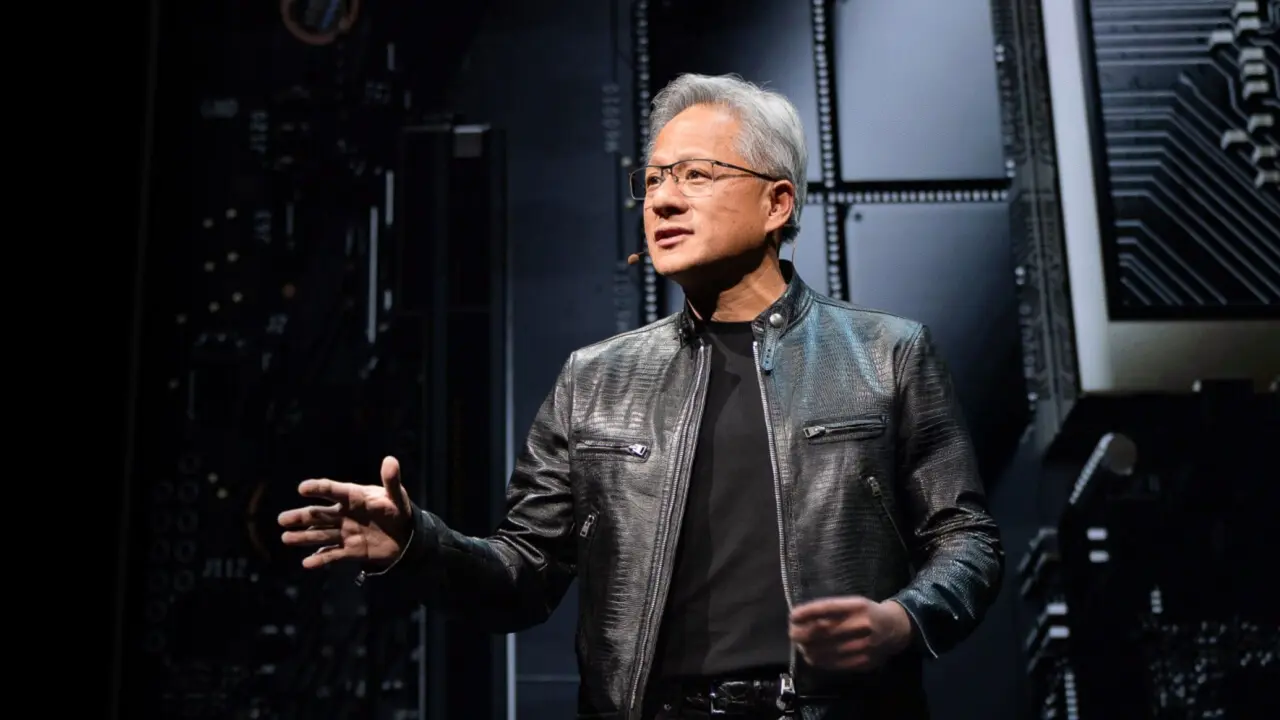
Source: Wccftech
Huawei's CloudMatrix AI Cluster
One of the most notable revelations from Huang's interview was his assessment of Huawei's new CloudMatrix AI cluster. According to the NVIDIA CEO, this system "scales up to even a larger system than our latest generation, Grace Blackwell"
1
. This statement marks the first time NVIDIA has publicly commented on the performance of Huawei's AI cluster, suggesting that the Chinese company has made substantial progress in a relatively short period.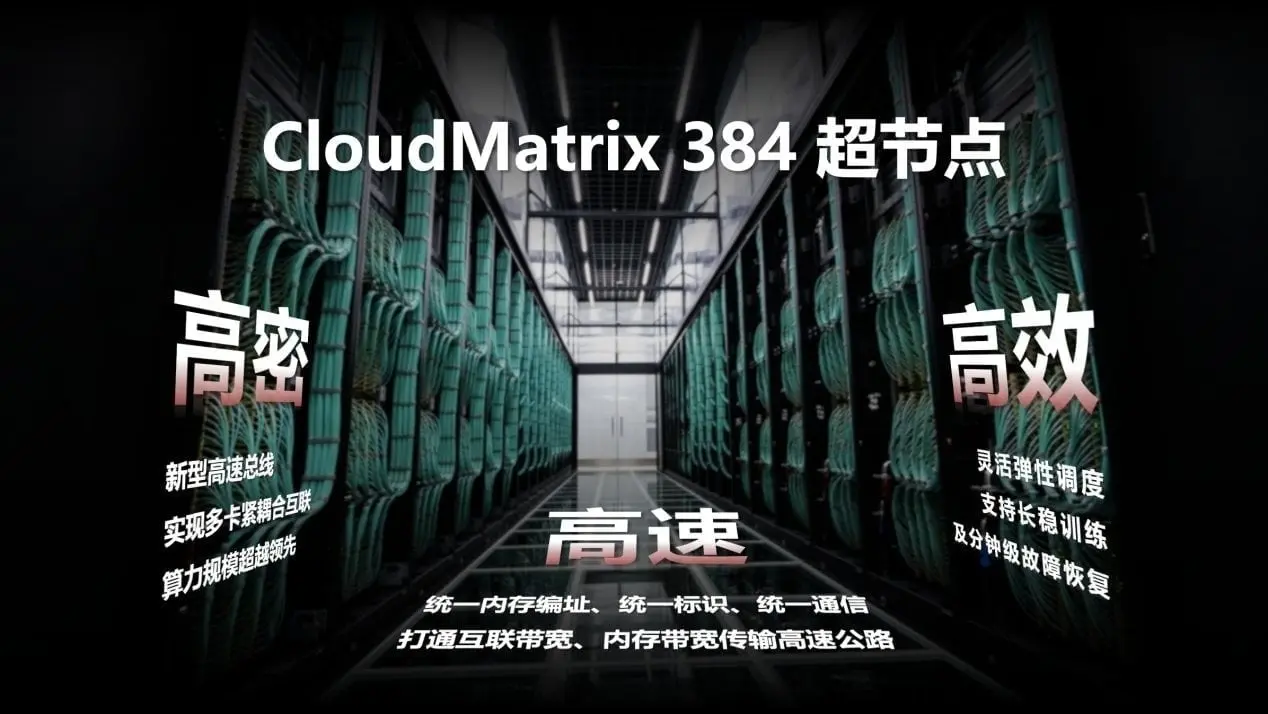
Source: TweakTown
Ascend 910C AI Chip Rivals H200
Huang also disclosed that Huawei's latest AI chip, likely the Ascend 910C, is "probably comparable to an H200"
2
. The H200 is NVIDIA's highest-end offering in the Hopper lineup, indicating that Huawei has managed to close the performance gap with Western technology more quickly than previously thought.Implications for NVIDIA's Business in China
These developments have significant implications for NVIDIA's operations in China. Huang admitted that Huawei's AI solutions are "far more capable than what the firm is offering to China, effectively forcing them out of the market"
1
. This situation is partly due to increasing US export regulations that have limited NVIDIA's ability to sell its most advanced AI chips to Chinese customers.Rapid Advancements and Market Competition
The speed of Huawei's progress has caught many by surprise. Just two years ago, NVIDIA faced little competition in the AI hardware space. However, the landscape has changed dramatically, with Huawei emerging as a "formidable rival"
1
2
. Huang's public acknowledgment of Huawei's capabilities underscores the intensifying competition in the global AI market.Related Stories
US-China Tech Rivalry
This development adds another layer to the ongoing technological rivalry between the United States and China. As US regulations continue to restrict the export of advanced AI chips to China, domestic companies like Huawei have accelerated their efforts to develop competitive alternatives. The success of these efforts, as evidenced by Huang's comments, suggests that the impact of US export controls may be limited in the long term
1
2
.Future Outlook
As Huawei continues to advance its AI technology, the global AI hardware market is likely to become increasingly competitive. NVIDIA, long considered a pioneer in AI computation, now faces the challenge of maintaining its market leadership in the face of rapidly evolving competition, particularly in the crucial Chinese market. The situation also raises questions about the effectiveness of export controls as a means of maintaining technological superiority in critical sectors like AI.
References
Summarized by
Navi
[1]
Related Stories
Recent Highlights
1
Pentagon threatens Anthropic with Defense Production Act over AI military use restrictions
Policy and Regulation

2
Google Gemini 3.1 Pro doubles reasoning score, beats rivals in key AI benchmarks
Technology

3
Anthropic accuses Chinese AI labs of stealing Claude through 24,000 fake accounts
Policy and Regulation

